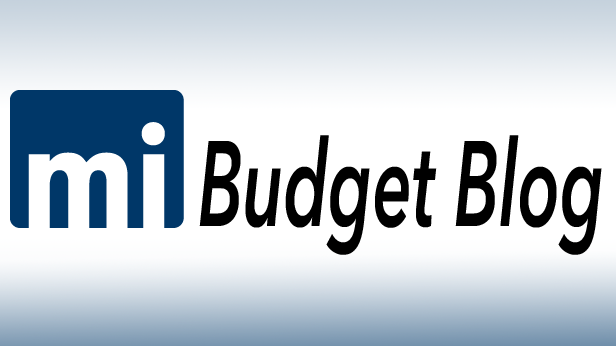
MacIver Institute Budget Blog | May 15, 2015
Members of the Joint Committee on Finance (JFC) have voted for $71.4 million in all fund savings from Gov. Scott Walker’s original budget proposal through seven executive sessions. $48.9 million of the total is precious General Purpose Revenue (GPR), the pot of money that comes directly from Wisconsin taxpayers.
Unfortunately, Joint Finance has barely touched the big-ticket items in the budget, choosing instead to get some of the smaller, less controversial items out of the way first. This week’s items of note included halving the original $5 million cut to the Educational Communications Board (ECB), approving additional funding for child abuse prevention and to help victims of sex trafficking, and limiting the amount of time an individual can utilize W-2 employment training benefits from 60 months to 48 months. The average W-2 participation is just 22 months.
The ECB is the agency behind Wisconsin Public Radio and Wisconsin Public Television whose state subsidy is currently 40 percent of its budget. The national average for state subsidies to public communications is 19 percent of the total budget, and the approved cut will only decrease Wisconsin’s subsidy to around 35 percent of ECB’s funding. In typical Wisconsin fashion, government has to go above and beyond national standards at the expense of the taxpayer.
A positive thing that Joint Finance approved this week is a social impact bond program that will allow the Department of Children and Families to seek private contractors to help reduce recidivism among released Milwaukee prisoners. This program is a nod toward performance-based outcomes as the private contractor gets a portion of the money saved from less people in prison. Historically, these programs have produced better outcomes and saved taxpayers money.
While the committee has finished with most of the smaller budget items, more controversial – and more expensive – proposals are set to be voted on next week. JFC is set to take up funding for public schools and a few state prison provisions on Tuesday. It will also attempt to sort out transportation funding on Thursday.
Tuesday will be interesting because Joint Finance plans to vote on Walker’s proposals that would implement drug testing for individuals on certain public benefits like food stamps and unemployment. Walker’s plan also calls for drug testing of non-disabled, childless adults on Medicaid.
Republicans, who hold the majority in both houses, have continually said that restoring the first year $127 million cut to public schools is their priority. Since that is GPR money, will the $49 million in savings be directed toward that goal? If that is the case, members would need to find another $78 million to make up the cut. Could they reduce your property tax cut to make up for it?
With transportation funding being the biggest mystery in this budget, the question is whether taxpayers will see a gas tax hike or vehicle registration fee increases receive votes on Thursday. An informational budget paper for Thursday’s session gives clues to what legislators may be considering. The paper outlines options such as a five cent gas tax increase, the introduction of a brand new first-time car buyer registration fee at 2.5 percent of the vehicle’s value or increasing the existing annual registration fee for cars and light trucks by $10-$20.
Taxpayers can already see the dollar signs with these measures. A five-cent gas tax hike would give Wisconsin the highest gas tax in the Midwest at 38 cents per gallon, jolting us to 6th highest in the nation. The new initial registration fee is estimated to cost car buyers $379 million over the 2015-17 biennium and a vehicle registration fee increase would take an additional $99-$162 million.
Instead of raising taxes and fees, legislators should take a harder look at current transportation spending. There are numerous wasteful and unnecessary projects, such as $200 million to bypass the town of Baraboo, which has a population of just over 12,000, when a perfectly good state highway already exists.
All of this and more will be voted on next week. Stay tuned to the MacIver Institute for budget updates as they happen.